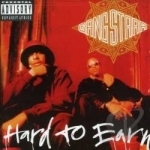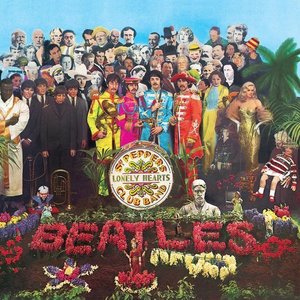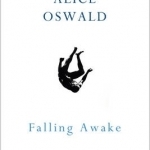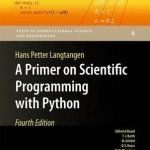
A Primer on Scientific Programming with Python
Book
The book serves as a first introduction to computer programming of scientific applications, using...
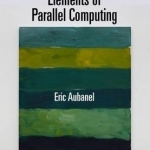
Elements of Parallel Computing
Book
Designed for introductory parallel computing courses at the advanced undergraduate or beginning...
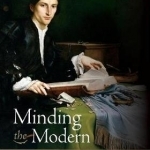
Minding the Modern: Human Agency, Intellectual Traditions, and Responsible Knowledge
Book
In this brilliant study, Thomas Pfau argues that the loss of foundational concepts in classical and...
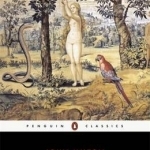
Paradise Lost
Book
John Milton's celebrated epic poem exploring the cosmological, moral and spiritual origins of man's...
Alexis Taylor recommended Hard to Earn by Gang Starr in Music (curated)
Amanda Palmer recommended Sgt. Pepper's Lonely Hearts Club Band by The Beatles in Music (curated)
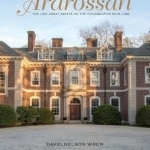
Ardrossan: The Last Great Estate on the Philadelphia Main Line
Book
A richly detailed history of the baronial splendour of the Philadelphia Main Line estate Ardrossan...
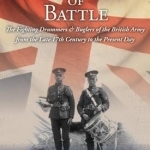
Instruments of Battle: The Fighting Drummers and Buglers of the British Army from the Late 17th Century to the Present Day
Book
Instruments of Battle examines in detail the development and role of the British Army's fighting...
